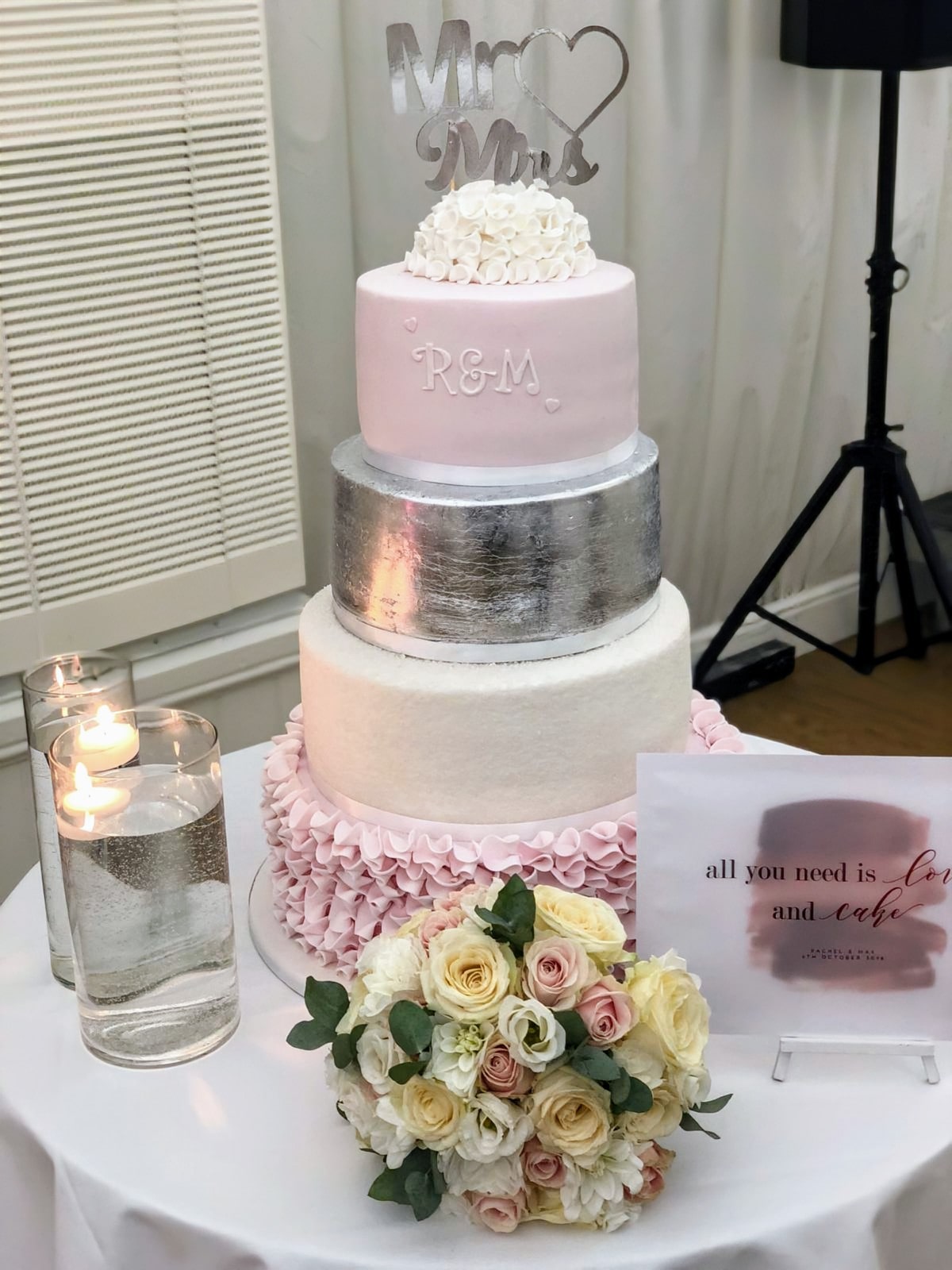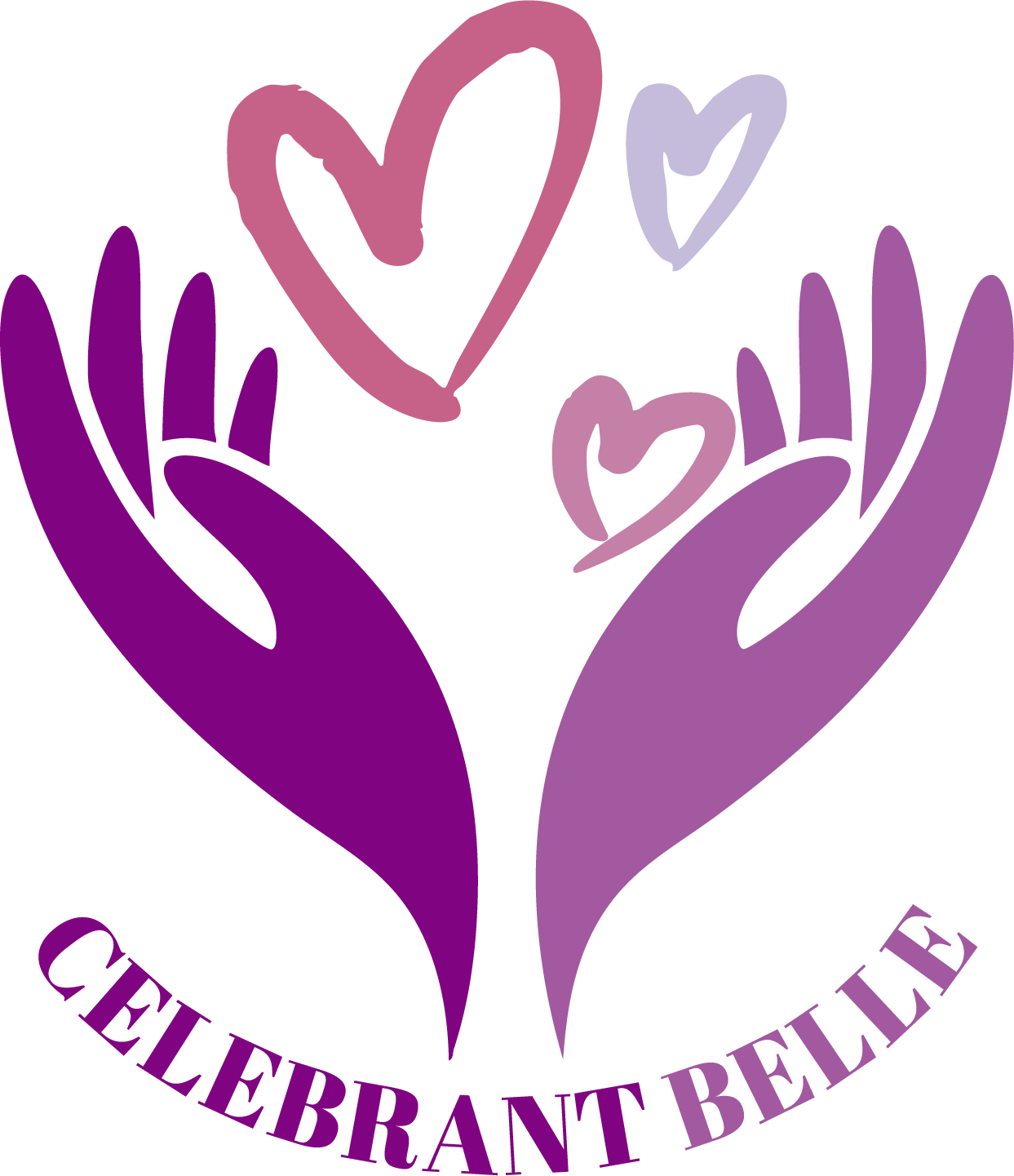Family Ceremonies
A celebrant-led wedding ceremony is a personalised and unique way to celebrate your marriage. Unlike traditional religious or civil ceremonies, a celebrant-led wedding is tailored to the couple’s preferences, beliefs, and values. Here are some key aspects of a celebrant-led wedding ceremony:
- Personalisation: The ceremony is crafted to reflect the couple’s love story, personalities, and wishes. The celebrant works closely with the couple to create a bespoke ceremony that includes meaningful readings, vows, and rituals.
- Flexibility: Celebrant-led ceremonies can be held at any location, whether it’s a beach, garden, historic venue, or even your own home. This flexibility allows for a truly memorable and unique setting.
- Inclusivity: Celebrants can incorporate elements from different cultures, religions, and traditions, making the ceremony inclusive and respectful of the couple’s backgrounds.
- Creative Elements: Couples can include creative elements such as music, poetry, symbolic rituals (like handfasting or sand ceremonies), and personalised vows. This adds a special touch to the ceremony.
- Non-Religious or Spiritual: Celebrant-led ceremonies can be non-religious, spiritual, or a blend of both, depending on the couple’s preferences. This allows for a ceremony that aligns with the couple’s beliefs.
- Professional Guidance: Celebrants are experienced professionals who guide the couple through the planning process, ensuring that the ceremony runs smoothly and is a true reflection of their love and commitment.
A celebrant-led wedding ceremony offers the freedom to create a truly unique and memorable celebration of your love.

Naming Ceremony
A naming ceremony is a non-religious, special event where a new baby is formally given their name. This ceremony can be a significant cultural or religious event, depending on the family’s traditions. It often involves family and friends gathering to celebrate the new addition to the family and to officially welcome the baby into the community.
However, they are not just for babies. You may have recently adopted a child, what more beautiful way is there than to hold a naming ceremony to welcome them to the family.
You could be an adult embracing a new name, and the changing of a name acknowledges your journey of discovery and symbolises a new beginning. A renaming or trans naming ceremony offers a person a life moment, for reflection on their life so far and who they have become. So why wouldn’t you mark this moment with a meaningful ceremony?
A naming ceremony can be held in various locations, depending on the family’s preferences, cultural traditions, and the significance of the venue. Here are some common options:
Home
Outdoor Locations
Community Centres
Special Venues
Vow Renewal
A vow renewal ceremony is a special event where a married couple reaffirms their commitment to each other by renewing their wedding vows. This ceremony can be held for various reasons, such as celebrating a significant anniversary, overcoming challenges together, or simply wanting to express their enduring love and commitment.
Vow renewal ceremonies are typically more relaxed and less formal than weddings. They can be tailored to the couple’s preferences and can include elements such as:
- Personalised Vows: Couples often write their vows, reflecting on their journey together and expressing their hopes for the future.
- Officiant: A friend, family member, or professional officiant can lead the ceremony.
- Venue: The ceremony can be held in a meaningful location, such as a favourite park, beach, or even the couple’s backyard.
- Guests: Close family and friends are usually invited to share in the celebration.
- Rings: Some couples choose to exchange new rings or rededicate their original wedding rings.
- Reception: A reception or party often follows the ceremony, with food, drinks, and dancing.
Commitment Ceremony

Like a celebrant-led wedding, a commitment ceremony can be tailored to reflect the couple’s unique relationship, values, and preferences. This includes personalised vows, readings, and rituals that hold special significance to the couple.





A commitment ceremony offers the freedom to create a truly unique and memorable celebration of your love. If you have any specific ideas or questions about planning such a ceremony, feel free to ask!
